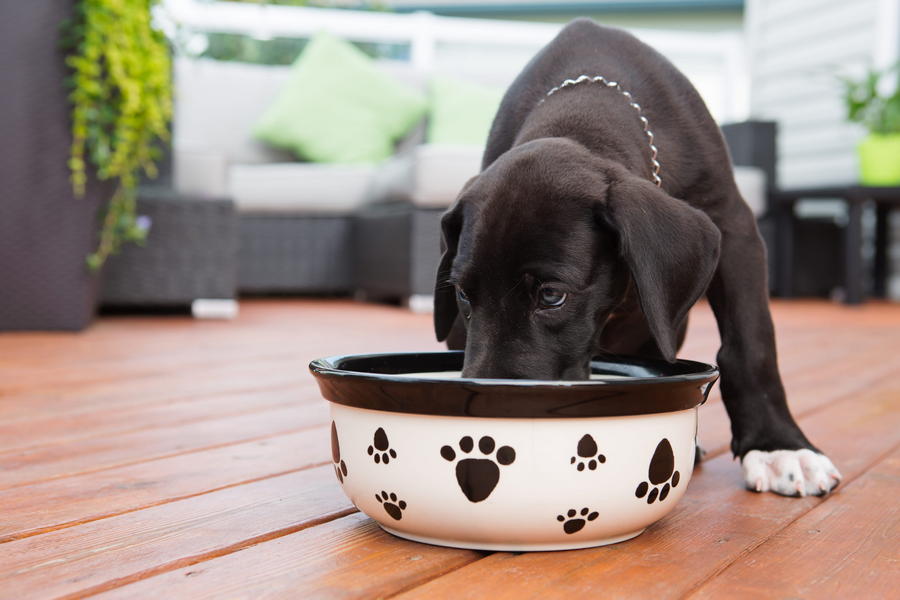Diagnosing food allergies in dogs is usually a difficult and time-consuming task. Usually, after hearing the patient’s history and observing the symptoms, the veterinarian from the veterinary clinic Dubai – Vets in The City suspects a food allergy and can use the elimination diet to confirm his diagnosis and find out which food item the dog is allergic to. For this, the veterinarian first designs a completely new, low-allergen diet for 8 to 12 weeks, and apart from this diet, no other food should be given to the dog. If the allergy symptoms disappear during this time, the dog’s previous diet should be resumed. If food allergy symptoms return after 1 week, then food allergy is confirmed in your dog. Then, you can use the designed low-allergen diet again to remove the allergy symptoms, and after the symptoms disappear, add the components of the dog’s former diet one by one to its food to find exactly the substance that caused the allergy.
How to Treat Food Allergies in Dogs?
- After you find out which food item your dog is allergic to, you should remove it from the animal’s diet and generally you can use less allergenic foods.
- You can also use an MLC synbiotic supplement to treat food allergies in your dog. This product contains a large amount of Lactobacillus casei probiotic along with its special prebiotic, dextran. Lactobacillus casei is a very resistant probiotic that passes through the digestive tract and settles in large quantities in the intestine. Also, combining it with dextran increases the probability of its survival and reproduction. By reducing the amount of histamine and inflammation in the intestine and strengthening and regulating the microbial flora, probiotics cause the elimination of allergy symptoms such as itching, diarrhea, etc.
- The simultaneous use of probiotics and prebiotics in one product (synbiotic) strengthens their effect. Therefore, the positive effects of using synbiotic MLC are greater than using probiotics alone.
Last Word
Pets, like humans, may be allergic to certain foods. If you have a pet, such as a dog, you should be more careful about feeding it. In this article, we told you what food sensitivities dogs have and what diet should be considered for them. But we suggest you visit a veterinarian to know exactly what foods you should not give your dog. If you don’t have enough time to go to the vet, contact us. Our consultants will help you to adjust your dog’s diet plan and use nutritional supplements suitable for your dog’s breed. Remember that you need to take care of your pet’s health.

Hockey fan, hustler, record lover, Mad Men fan and Guest speaker. Making at the nexus of beauty and elegance to craft experiences both online and in real life. Concept is the foundation of everything else.
